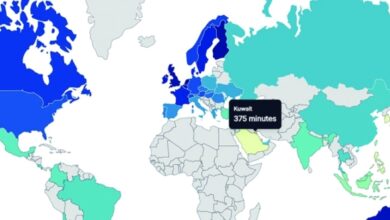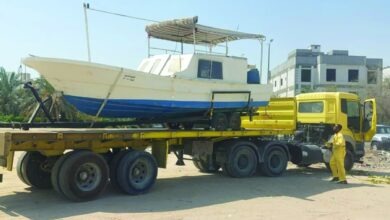
Secretary-General of the Gulf Cooperation Council (GCC), Jassim Al-Budaiwi, issued a strong warning on Monday about the rising dangers stemming from the recent escalation between Israel and Iran, describing the situation as “extremely dangerous and unprecedented.”
His remarks came during the 48th extraordinary meeting of the GCC Ministerial Council, held via videoconference under the chairmanship of Kuwaiti Foreign Minister Abdullah Al-Yahya, according to news agencies.

Al-Budaiwi stated that Israeli attacks on Iranian territory and Iran’s subsequent military response have pushed the region into uncharted and deeply concerning territory, undermining dialogue and halting diplomatic efforts. He confirmed that all GCC states condemned Israel’s military operations at the time.
The Secretary-General highlighted several critical challenges that the GCC could face, including the potential targeting of nuclear facilities, which poses serious environmental, technical, and safety risks.

These risks are compounded by the potential disruption to supply chains, energy flows, and the security of vital maritime routes, threatening the economic and environmental stability of the region.
In response to these growing threats, Al-Budaiwi announced that the GCC General Secretariat has activated the GCC Emergency Management Center.
The center has initiated precautionary environmental and radiological monitoring in coordination with member states, deploying early warning systems and issuing technical reports to ensure transparency. The first official statement has already been released, affirming that current readings remain within safe limits.
He reiterated the GCC’s founding principles of solidarity and collective action, emphasizing that regional stability remains a core pillar of the Council’s mission.
Al-Budaiwi called on all parties to practice self-restraint and halt further military operations to prevent a wider, uncontrollable conflict.
“The GCC remains committed to de-escalation, dialogue, and protecting the region from the grave consequences of this conflict,” he concluded.
This comes amid growing global concern that the conflict could engulf the broader Middle East, with nuclear safety and energy security now added to the list of urgent threats.










